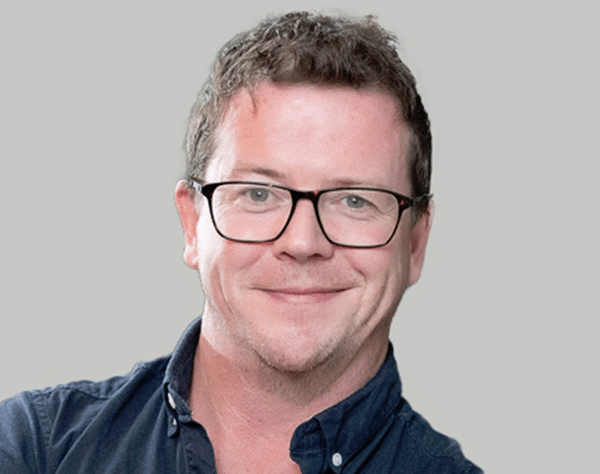
Professor Paul Timpson
Strategic Program Co-Lead Tumour Ecosystems and Laboratory Head, Invasion & Metastasis Group – Garvan Institute of Medical Research
- 14:00
- Room G19, 15 Innovation Walk, Monash University Clayton Campus
- Professor Edwina McGlinn
Intravital assessment of drug response in cancer using biosensor imaging
Abstract
Intravital imaging allow us to watch cellular and molecular behaviour in higher fidelity in vivo models that more closely recapitulates the native environment of the organ or disease of interest in real-time. In this talk I will present multiple ways in which we have used Intravital imaging and biosensors to fine-tuned drug treatments and optimise outcomes. I will also discuss the benefits of using longitudinal imaging using titanium optical windows approaches in multiple organs and discuss image-based limitation and new technical approaches our group has created to overcome movement artifact when assessing drug targeting in living organ.
Bio
Paul completed his PhD with Prof Margaret Frame at the Beatson Institute for Cancer Research, UK in 2002 where he assessed the interplay between Src family kinases and the actin cytoskeleton during cancer cell invasion, focusing on the role of Rho family GTPases. He then moved to the Garvan Institute in 2003 to work with Professor Roger Daly investigating the role of the actin-binding protein cortactin in growth factor receptor trafficking in breast cancer and head and neck cancers.
Paul was awarded an AstraZeneca Postdoctoral Research Fellowship allowing him to return to the UK in 2007, to work with Professor Kurt Anderson in collaboration with AstraZeneca Advanced Technology Laboratories. This ongoing work has focused upon the development of novel multi-disciplinary live imaging techniques to investigate molecular dynamics of cancer cells in vivo.
Returning to Australia to establish a research group in November 2012 within the Cancer Program, Paul aims to understand pancreatic cancer in the context of the surrounding environment using cutting edge imaging technology. Pinpointing the molecular drivers of cancer progression and the environmental cues that cause resistance to current systemic therapy are the focus of his research.
Please register via the online form to receive Zoom details.
A Zoom link will only be sent to those who registered by Monday 12th August
